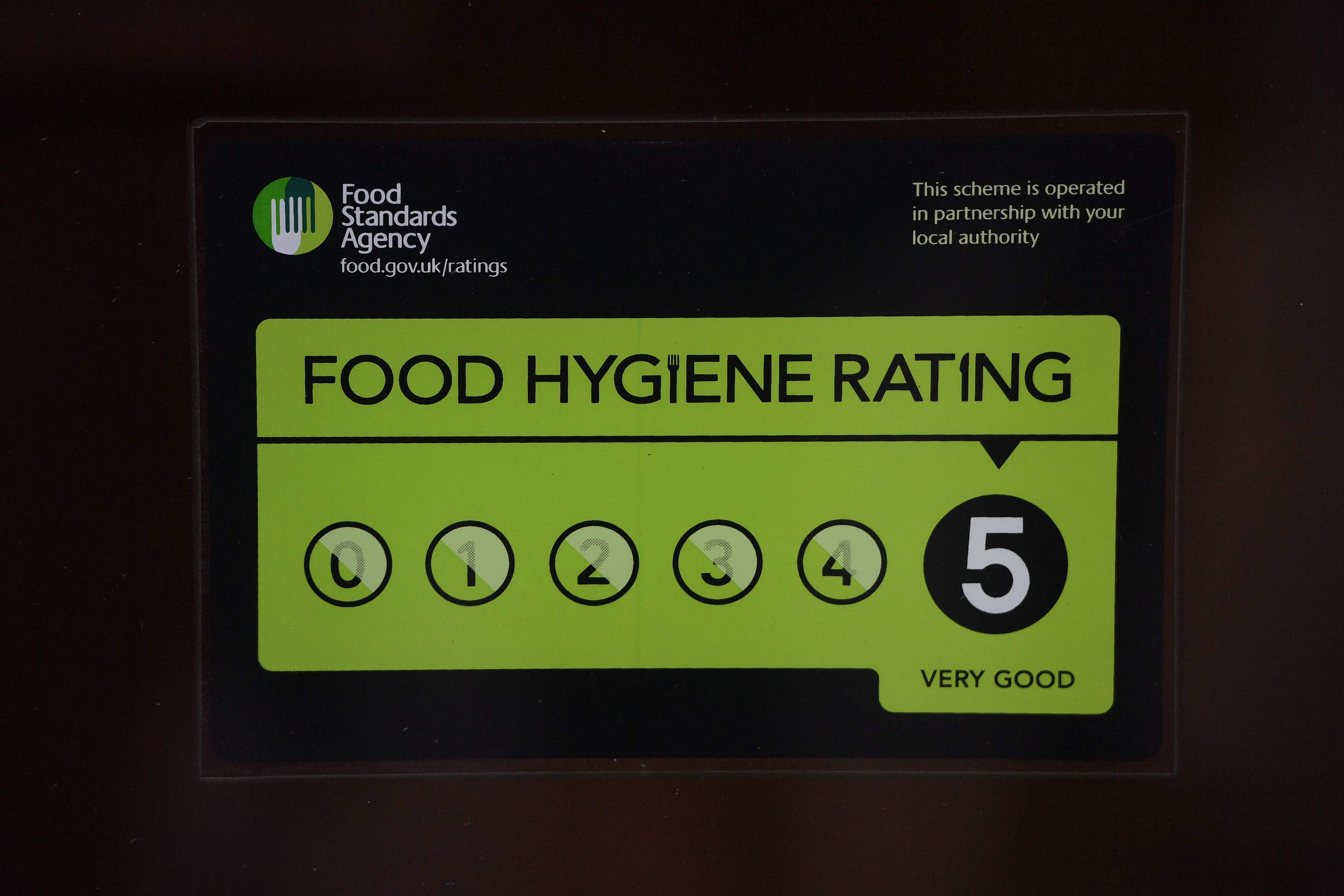Peanut allergy sufferers warned again to avoid mustard after contamination scare
Darren Whitby, of the Food Standards Agency, said investigations to find the individual products affected continue and ‘our advice still applies’.

Your support helps us to tell the story
From reproductive rights to climate change to Big Tech, The Independent is on the ground when the story is developing. Whether it's investigating the financials of Elon Musk's pro-Trump PAC or producing our latest documentary, 'The A Word', which shines a light on the American women fighting for reproductive rights, we know how important it is to parse out the facts from the messaging.
At such a critical moment in US history, we need reporters on the ground. Your donation allows us to keep sending journalists to speak to both sides of the story.
The Independent is trusted by Americans across the entire political spectrum. And unlike many other quality news outlets, we choose not to lock Americans out of our reporting and analysis with paywalls. We believe quality journalism should be available to everyone, paid for by those who can afford it.
Your support makes all the difference.People with a peanut allergy should continue to avoid eating products containing mustard as investigations are still underway to try and find the contaminated products, the Food Standards Agency (FSA) has stressed.
The agency issued the urgent allergy advice earlier this week and began working with the relevant local authorities, individual businesses and industry to identify which products may be affected by contaminated mustard ingredients from a producer in India called GT Agro Industries.
On Saturday FGS Ingredients, a Leicester-based firm which the FSA had supplied these ingredients for use in UK food, said it had carried out additional testing across its ingredients and had “not detected any presence of peanut content or residue”.
Darren Whitby, the FSA’s head of incidents, said: “Our advice still applies – those with a peanut allergy should avoid consuming products containing mustard as an ingredient until we identify the individual products affected.
“Parents and carers of children who have a peanut allergy should take care to check the labels of food they buy and, if eating out, or getting a takeaway, ask the restaurant or cafe about foods that might contain mustard.
“As soon as we have more information, we will update consumers.”
Mustard ingredients can be found in food such as dips, sauces, salads and pre-packed sandwiches.
Such mustard products could contain traces of peanut, potentially causing severe reactions for those with an allergy.
The FSA has asked the industry to review their food supply systems and remove from sale any products that may have contaminated mustard ingredients.
We have never previously been involved in any incident of food contamination. Nevertheless, we continue to support the FSA investigation in any way that is necessary
The FSA said it had issued the advice as “a precautionary approach so that people with a peanut allergy have up to date information about the potential risk and can take action to keep themselves safe.”
FGS Ingredients Ltd, then advised customers to remove from sale products containing the contaminated mustard ingredients.
The company said peanuts are not included in its spices or allowed on its production site and it follows strict working controls to prevent the accidental introduction of allergens.
A spokesman said: “As a family-owned business that was established 74 years ago and is now in its third generation of leadership, we have grown to proudly become the principal supplier of natural spices to food producers across the UK and to businesses internationally.
“We have never previously been involved in any incident of food contamination.
“Nevertheless, we continue to support the FSA investigation in any way that is necessary.”